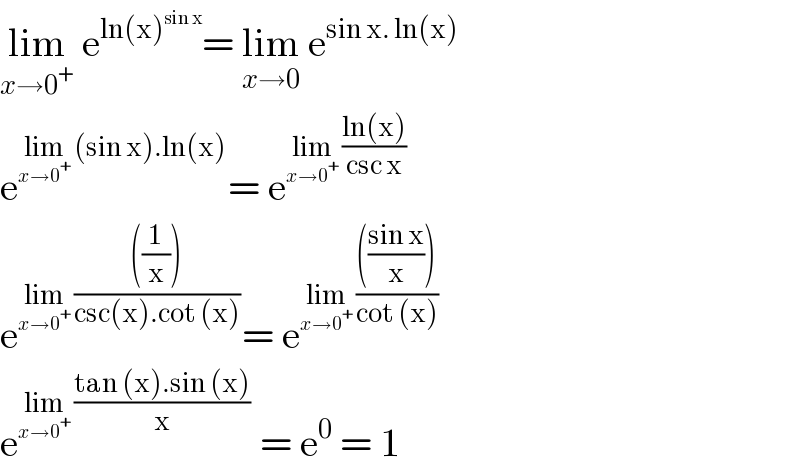
Question and Answers Forum
Question Number 94730 by i jagooll last updated on 20/May/20

Answered by john santu last updated on 20/May/20

Commented by john santu last updated on 20/May/20

Commented by i jagooll last updated on 21/May/20

Answered by mathmax by abdo last updated on 21/May/20

